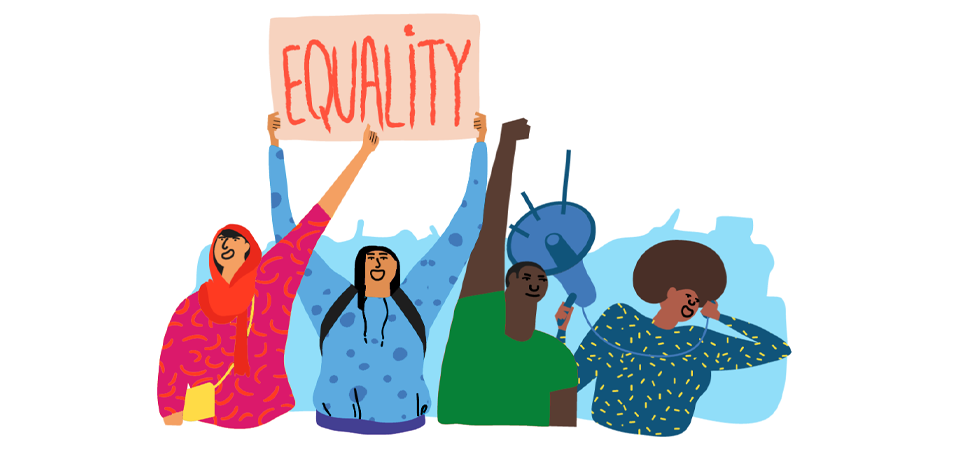
Image Source: unwomen.org
Gender equality and women empowerment have been crucial topics in contemporary society. As we progress into the 21st century, it is evident that women's rights have improved significantly, but there's still a long way to go. From the UPSC perspective, understanding the importance of addressing these issues is vital for the overall development and growth of the nation.
Women's Role in Society:
Historically, women have faced numerous barriers that limited their participation in various sectors. However, women are no longer confined to traditional roles and have made significant strides across various fields. They excel in academia, politics, business, and many other areas previously dominated by men.
Despite these achievements, gender disparities persist. Women face discrimination in terms of unequal pay, limited job opportunities, and social stigmas. It is essential to create an inclusive society where women can exercise their rights without fear or inhibition.
Empowering Women:
Empowering women not only benefits them but also creates a ripple effect on society as a whole. When women have equal access to education and employment opportunities, they contribute significantly to the nation's development. Research highlights that societies with gender equity experience higher economic growth and stability.
UPSC recognizes the importance of empowering women, as it leads to better governance and policymaking. The inclusion of diverse perspectives ensures fair decision-making processes. Therefore, addressing the gender gap is crucial for a comprehensive and sustainable approach to societal progress.
Breaking Gender Stereotypes:
Society often imposes stereotypes, perpetuating gender roles that limit women's potential. Breaking these stereotypes is essential for women's empowerment. It requires challenging societal norms and advocating for gender equality in all aspects of life.
UPSC exams play a significant role in shaping the nation's future. Encouraging more women to take up these challenges and excel helps break the stereotype that certain domains are reserved for men. It sends a powerful message that women are capable of achieving anything they set their minds to.
Creating a Supportive Environment:
To bring about change, society must create a supportive environment that fosters equality. It is crucial to address issues like gender-based violence, workplace harassment, and social prejudices. Women should feel safe and supported in all aspects of life, enabling them to reach their full potential.
Conclusion:
Women desire change, and society needs change. Achieving gender equality is not only a moral imperative but also a strategic necessity for societal progress. As the UPSC continues to shape the nation, addressing these issues becomes more critical than ever. Embracing the diversity and potential of women will lead to a more inclusive and developed society.